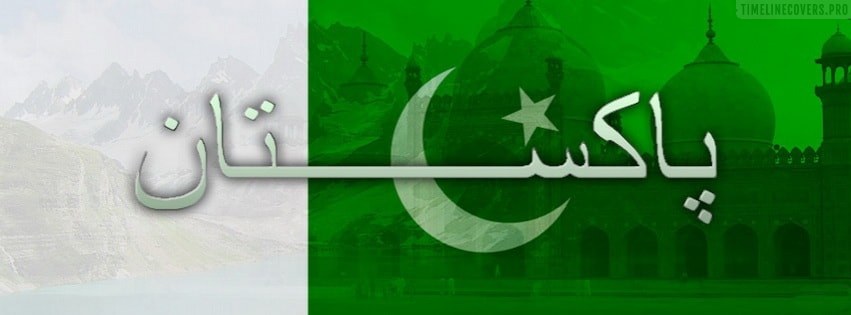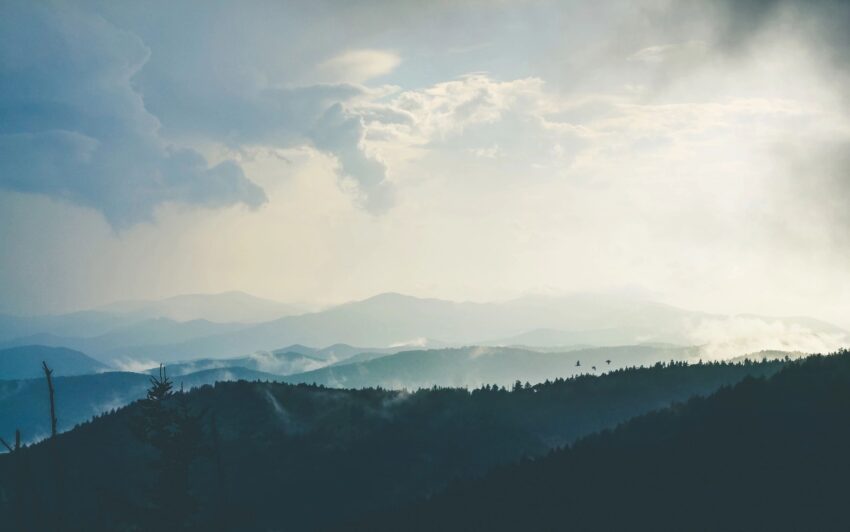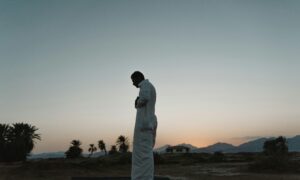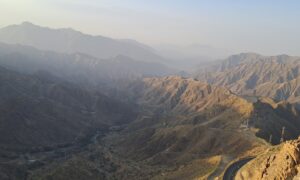The dreams we have at night may be random and fleeting, but the dreams we have while awake are the ones that matter most. They are the embodiment of our deepest aspirations and desires, and they are what make us human giving us a sense of purpose and driving us forward, even when things get tough.
Dreams can be noble or vile. Noble dreams chase equality and brotherhood bringing people together. Vile dreams chase money and fame driving people away from each other. Noble dreams cause the progress and development of humanity. Vile dreams cause their destruction through wars and famine.
For many people, the dream is to make money. But they fail to realize that beyond a certain amount, money would stop providing any additional value to the quality of their life. That is why making money should never be the sole objective of our lives, rather, it should be treated as a tool that would help us to realize loftier and bigger dreams.
Humans have been given a mind to think and a heart to feel. Using both together can help us craft bigger and nobler dreams.
Dreams and their impact
Noble dreams have the power to unite people. Consider Martin Luther King Jr.’s dream which positively impacted the lives of countless Americans and continues to do so.
“I have a dream that one day on the red hills of Georgia, the sons of former slaves and the sons of former slave owners will be able to sit down together at the table of brotherhood”
Martin Luther King Jr.
His dream centered on equality and brotherhood and not money or fame.
In our own history, Allama Iqbal presented a vision for the Muslims of the subcontinent.
I would like to see the Punjab, Northwest Frontier Province, Sind, and Baluchistan amalgamated into a single state. Self-government within the British Empire or without the British Empire, the formation of a consolidated North-West Indian Muslim state appears to be the final destiny of the Muslims, at least of North-West India
Allama Muhammad Iqbal
This dream, too, was not driven by financial gain or fame but rather by the aspiration to grant Muslims in the subcontinent the freedom to practice their religion and way of life without fear of persecution and hatred.
Dreams as tools to fight adversities.
Bigger dreams often come with greater challenges and hardships, yet they also give greater strength. The struggles of the black community in America, and the millions of lives lost during the partition of the subcontinent tell us that while the adversities were high, so was the willingness to sacrifice. When these communities compared the hardships required for the potential future, the sacrifices needed seemed inconsequential.
Nelson Mandela was given life imprisonment in 1964. During his trial he said
“I have cherished the ideal of a democratic and free society in which all persons live together in harmony and with equal opportunities. It is an ideal which I hope to live for and to achieve. But if needs be, it is an ideal for which I am prepared to die.”
Nelson Mandela
Dreams and their everlasting impact
Martin Luther King Jr. was assassinated in 1968 and Allama Iqbal died in 1938, well before they could witness the realization of their dreams. Both these examples are proof that when one’s dream is driven by a purpose greater than personal wealth or fame, the dream stays alive long after their physical presence has departed.
Dreams give us a bigger purpose.
Dreams give purpose and meaning to our lives and stop us from being influenced by petty emotions.
Nelson Mandela’s remarkable journey serves as a clear example. After spending 27 years in prison, one might have anticipated a thirst for revenge upon his release. Yet he writes in his book ‘Long Walk to Freedom.’
“As I walked out the door toward the gate that would lead to my freedom, I knew if I didn’t leave my bitterness and hatred behind, I’d still be in prison.”
Mandela chose to forgive, recognizing that his dream of a democratic South Africa where everyone enjoyed equal rights transcended personal emotions of hatred or revenge. Four years later, South Africa witnessed its first multiracial elections, which wouldn’t have been possible if Mandela’s actions were driven by hatred or revenge.
Conclusion
We might not be Allama Iqbal or Nelson Mandela, but we too can envision a future that we want to see. Maybe our names would remain unknown, but deep inside we would be satisfied that we lived a life of greater significance and provided more than we took.
“We all dream while we sleep, it is about time that we have a dream that will not let us sleep.”
Dr. Abdul Bari
This blog borrows a lot from the lectures on Strategic Visions delivered by Mr. Suleiman Ahmar, which are freely available on YouTube.










